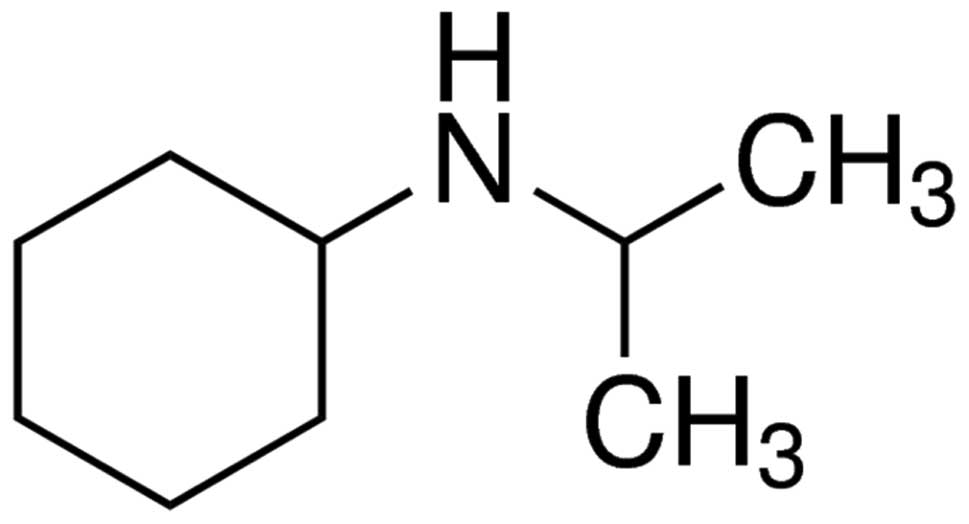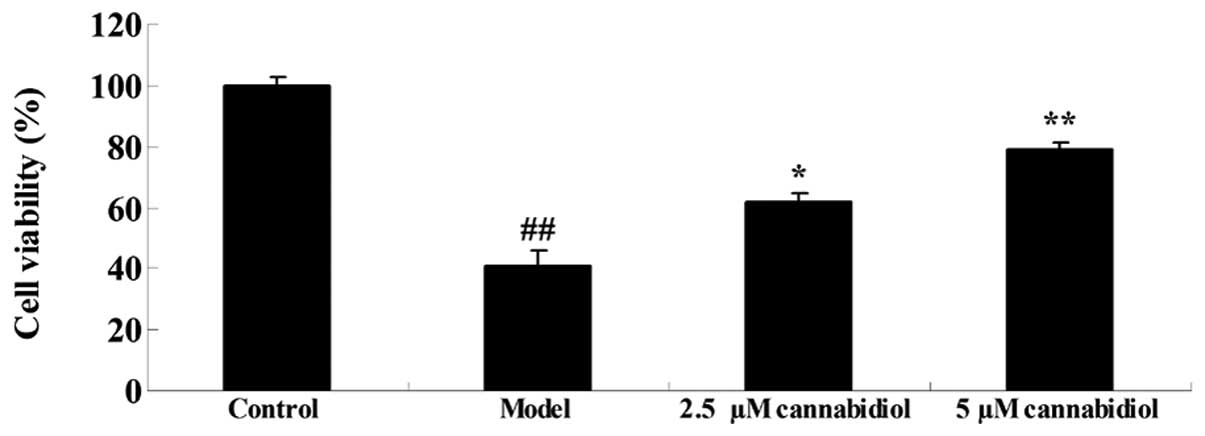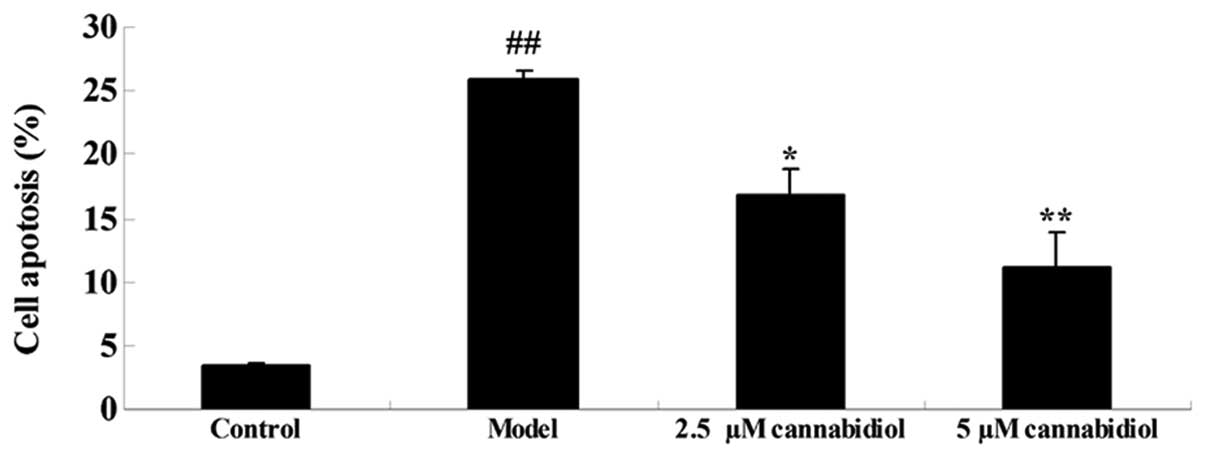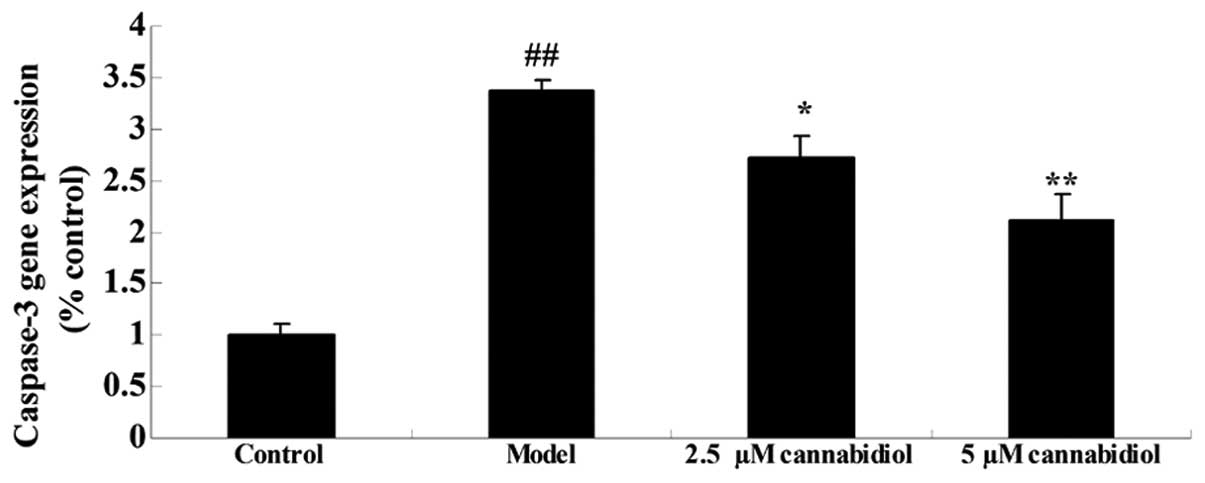|
1
|
Emel E, Karagöz F, Aydin IH, Hacisalihoğlu
S and Seyithanoğlu MH: Alkaptonuria with lumbar disc herniation: A
report of two cases. Spine (Phila Pa 1976). 25:2141–2144. 2000.
View Article : Google Scholar
|
|
2
|
Zhu Z, Huang P, Chong Y, George SK, Wen B,
Han N, Liu Z, Kang L and Lin N: Nucleus pulposus cells derived
IGF-1 and MCP-1 enhance osteoclastogenesis and vertebrae disruption
in lumbar disc herniation. Int J Clin Exp Pathol. 7:8520–8531.
2014.
|
|
3
|
Lee SH, Kim SY, Kim JH, Jung HY, Moon JH,
Bae KH and Choi BT: Phosphoproteomic analysis of electroacupuncture
analgesia in an inflammatory pain rat model. Mol Med Rep.
6:157–162. 2012.PubMed/NCBI
|
|
4
|
Greg Anderson D, Li X, Tannoury T, Beck G
and Balian G: A fibronectin fragment stimulates intervertebral disc
degeneration in vivo. Spine (Phila Pa 1976). 28:2338–2345. 2003.
View Article : Google Scholar
|
|
5
|
Zhang CC, Cui GP, Hu JG, Xiao YZ, Zhou XS,
Shao C, Lin Q and Zhou JS: Effects of adenoviral vector expressing
hIGF-1 on apoptosis in nucleus pulposus cells in vitro. Int J Mol
Med. 33:401–405. 2014.
|
|
6
|
Erwin WM, Islam D, Inman RD, Fehlings MG
and Tsui FW: Notochordal cells protect nucleus pulposus cells from
degradation and apoptosis: Implications for the mechanisms of
intervertebral disc degeneration. Arthritis Res Ther. 13:R2152011.
View Article : Google Scholar : PubMed/NCBI
|
|
7
|
Chen JW, Ni BB, Li B, Yang YH, Jiang SD
and Jiang LS: The responses of autophagy and apoptosis to oxidative
stress in nucleus pulposus cells: implications for disc
degeneration. Cell Physiol Biochem. 34:1175–1189. 2014. View Article : Google Scholar : PubMed/NCBI
|
|
8
|
Consroe PF and Wolkin AL: Anticonvulsant
interaction of cannabidiol and ethosuximide in rats. J Pharm
Pharmacol. 29:500–501. 1977. View Article : Google Scholar : PubMed/NCBI
|
|
9
|
Casarotto PC, Gomes FV, Resstel LB and
Guimarães FS: Cannabidiol inhibitory effect on marble-burying
behaviour: Involvement of CB1 receptors. Behav Pharmacol.
21:353–358. 2010. View Article : Google Scholar : PubMed/NCBI
|
|
10
|
Moreira FA, Aguiar DC and Guimarães FS:
Anxiolytic-like effect of cannabidiol in the rat Vogel conflict
test. Prog Neuropsychopharmacol Biol Psychiatry. 30:1466–1471.
2006. View Article : Google Scholar : PubMed/NCBI
|
|
11
|
Zuardi AW, Crippa JA, Hallak JE,
Bhattacharyya S, Atakan Z, Martin-Santos R, McGuire PK and
Guimarães FS: A critical review of the antipsychotic effects of
cannabidiol: 30 years of a translational investigation. Curr Pharm
Des. 18:5131–5140. 2012. View Article : Google Scholar : PubMed/NCBI
|
|
12
|
Oláh A, Tóth BI, Borbíró I, Sugawara K,
Szöllõsi AG, Czifra G, Pál B, Ambrus L, Kloepper J, Camera E, et
al: Cannabidiol exerts sebostatic and antiinflammatory effects on
human sebocytes. J Clin Invest. 124:3713–3724. 2014. View Article : Google Scholar : PubMed/NCBI
|
|
13
|
Iuvone T, Esposito G, De Filippis D,
Scuderi C and Steardo L: Cannabidiol: A promising drug for
neurodegenerative disorders? CNS Neurosci Ther. 15:65–75. 2009.
View Article : Google Scholar : PubMed/NCBI
|
|
14
|
Hind WH, England TJ and O'Sullivan SE:
Cannabidiol protects an in vitro model of the blood brain barrier
from oxygen-glucose deprivation via PPARγ and 5-HT1A receptors. Br
J Pharmacol. 173:815–825. 2015. View Article : Google Scholar
|
|
15
|
Deiana S, Watanabe A, Yamasaki Y, Amada N,
Arthur M, Fleming S, Woodcock H, Dorward P, Pigliacampo B, Close S,
et al: Plasma and brain pharmacokinetic profile of cannabidiol
(CBD), cannabidivarine (CBDV), Δ(9)-tetrahydrocannabivarin (THCV)
and cannabigerol (CBG) in rats and mice following oral and
intraperitoneal administration and CBD action on
obsessive-compulsive behaviour. Psychopharmacology (Berl).
219:859–873. 2012. View Article : Google Scholar
|
|
16
|
Risbud MV, Guttapalli A, Stokes DG,
Hawkins D, Danielson KG, Schaer TP, Albert TJ and Shapiro IM:
Nucleus pulposus cells express HIF-1 alpha under normoxic culture
conditions: A metabolic adaptation to the intervertebral disc
microenvironment. J Cell Biochem. 98:152–159. 2006. View Article : Google Scholar : PubMed/NCBI
|
|
17
|
Mecha M, Torrao AS, Mestre L,
Carrillo-Salinas FJ, Mechoulam R and Guaza C: Cannabidiol protects
oligodendrocyte progenitor cells from inflammation-induced
apoptosis by attenuating endoplasmic reticulum stress. Cell Death
Dis. 3:e3312012. View Article : Google Scholar : PubMed/NCBI
|
|
18
|
Kwiatkoski M, Guimarães FS and Del-Bel E:
Cannabidiol-treated rats exhibited higher motor score after
cryogenic spinal cord injury. Neurotox Res. 21:271–280. 2012.
View Article : Google Scholar
|
|
19
|
Alini M, Eisenstein SM, Ito K, Little C,
Kettler AA, Masuda K, Melrose J, Ralphs J, Stokes I and Wilke HJ:
Are animal models useful for studying human disc
disorders/degeneration? Eur Spine J. 17:2–19. 2008. View Article : Google Scholar
|
|
20
|
Kermani HR, Hoboubati H, Esmaeili-Mahani S
and Asadi-Shekaari M: Induction of intervertebral disc cell
apoptosis and degeneration by chronic unpredictable stress. J
Neurosurg Spine. 20:578–584. 2014. View Article : Google Scholar : PubMed/NCBI
|
|
21
|
Yang SD, Bai ZL, Zhang F, Ma L, Yang DL
and Ding WY: Levofloxacin increases the effect of serum deprivation
on anoikis of rat nucleus pulposus cells via Bax/Bcl-2/caspase-3
pathway. Toxicol Mech Methods. 24:688–696. 2014. View Article : Google Scholar : PubMed/NCBI
|
|
22
|
Hou G, Lu H, Chen M, Yao H and Zhao H:
Oxidative stress participates in age-related changes in rat lumbar
intervertebral discs. Arch Gerontol Geriatr. 59:665–669. 2014.
View Article : Google Scholar : PubMed/NCBI
|
|
23
|
Castillo A, Tolón MR, Fernández-Ruiz J,
Romero J and Martinez-Orgado J: The neuroprotective effect of
cannabidiol in an in vitro model of newborn hypoxic-ischemic brain
damage in mice is mediated by CB(2) and adenosine receptors.
Neurobiol Dis. 37:434–440. 2010. View Article : Google Scholar
|
|
24
|
Wheal AJ, Cipriano M, Fowler CJ, Randall
MD and O'Sullivan SE: Cannabidiol improves vasorelaxation in Zucker
diabetic fatty rats through cyclooxygenase activation. J Pharmacol
Exp Ther. 351:457–466. 2014. View Article : Google Scholar : PubMed/NCBI
|
|
25
|
Rannou F, Richette P, Benallaoua M,
François M, Genries V, Korwin-Zmijowska C, Revel M, Corvol M and
Poiraudeau S: Cyclic tensile stretch modulates proteoglycan
production by intervertebral disc annulus fibrosus cells through
production of nitrite oxide. J Cell Biochem. 90:148–157. 2003.
View Article : Google Scholar : PubMed/NCBI
|
|
26
|
Furusawa N, Baba H, Miyoshi N, Maezawa Y,
Uchida K, Kokubo Y and Fukuda M: Herniation of cervical
intervertebral disc: Immunohistochemical examination and
measurement of nitric oxide production. Spine (Phila Pa 1976).
26:1110–1116. 2001. View Article : Google Scholar
|
|
27
|
Hassanin A, Malek HA and Saleh D: Heparin
modulation on hepatic nitric oxide synthase in experimental
steatohepatitis. Exp Ther Med. 8:1551–1558. 2014.PubMed/NCBI
|
|
28
|
De Filippis D, Esposito G, Cirillo C,
Cipriano M, De Winter BY, Scuderi C, Sarnelli G, Cuomo R, Steardo
L, De Man JG and Iuvone T: Cannabidiol reduces intestinal
inflammation through the control of neuroimmune axis. PLoS One.
6:e281592011. View Article : Google Scholar : PubMed/NCBI
|
|
29
|
Esposito G, Scuderi C, Savani C, Steardo L
Jr, De Filippis D, Cottone P, Iuvone T, Cuomo V and Steardo L:
Cannabidiol in vivo blunts beta-amyloid induced neuroinflammation
by suppressing IL-1beta and iNOS expression. Br J Pharmacol.
151:1272–1279. 2007. View Article : Google Scholar : PubMed/NCBI
|
|
30
|
Davis RJ, Nunley PD, Kim KD, Hisey MS,
Jackson RJ, Bae HW, Hoffman GA, Gaede SE, Danielson GO 3rd, Gordon
C and Stone MB: Two-level total disc replacement with Mobi-C
cervical artificial disc versus anterior discectomy and fusion: A
prospective, randomized, controlled multicenter clinical trial with
4-year follow-up results. J Neurosurg Spine. 22:15–25. 2015.
View Article : Google Scholar
|
|
31
|
Hwang MH, Shin JH, Kim KS, Yoo CM, Jo GE,
Kim JH and Choi H: Low level light therapy modulates inflammatory
mediators secreted by human annulus fibrosus cells during
intervertebral disc degeneration in vitro. Photochem Photobiol.
91:403–410. 2015. View Article : Google Scholar : PubMed/NCBI
|
|
32
|
Xu K, Chen W, Wang X, Peng Y, Liang A,
Huang D, Li C and Ye W: Autophagy attenuates the catabolic effect
during inflammatory conditions in nucleus pulposus cells, as
sustained by NF-κB and JNK inhibition. Int J Mol Med. 36:661–668.
2015.PubMed/NCBI
|
|
33
|
Cai A, Qi S, Su Z, Shen H, Ma W and Dai Y:
Tripterygium glycosides inhibit inflammatory mediators in the rat
synovial RSC-364 cell line stimulated with interleukin-1β. Biomed
Rep. 3:763–766. 2015.PubMed/NCBI
|
|
34
|
Wang SL, Yu YL, Tang CL and Lv FZ: Effects
of TGF-β1 and IL-1β on expression of ADAMTS enzymes and TIMP-3 in
human intervertebral disc degeneration. Exp Ther Med. 6:1522–1526.
2013.PubMed/NCBI
|
|
35
|
Barichello T, Ceretta RA, Generoso JS,
Moreira AP, Simões LR, Comim CM, Quevedo J, Vilela MC, Zuardi AW,
Crippa JA and Teixeira AL: Cannabidiol reduces host immune response
and prevents cognitive impairments in Wistar rats submitted to
pneumococcal meningitis. Eur J Pharmacol. 697:158–164. 2012.
View Article : Google Scholar : PubMed/NCBI
|
|
36
|
Hao E, Mukhopadhyay P, Cao Z, Erdélyi K,
Holovac E, Liaudet L, Lee WS, Haskó G, Mechoulam R and Pacher P:
Cannabidiol protects against doxorubicin-induced cardiomyopathy by
modulating mitochondrial function and biogenesis. Mol Med.
21:38–45. 2015. View Article : Google Scholar : PubMed/NCBI
|






















